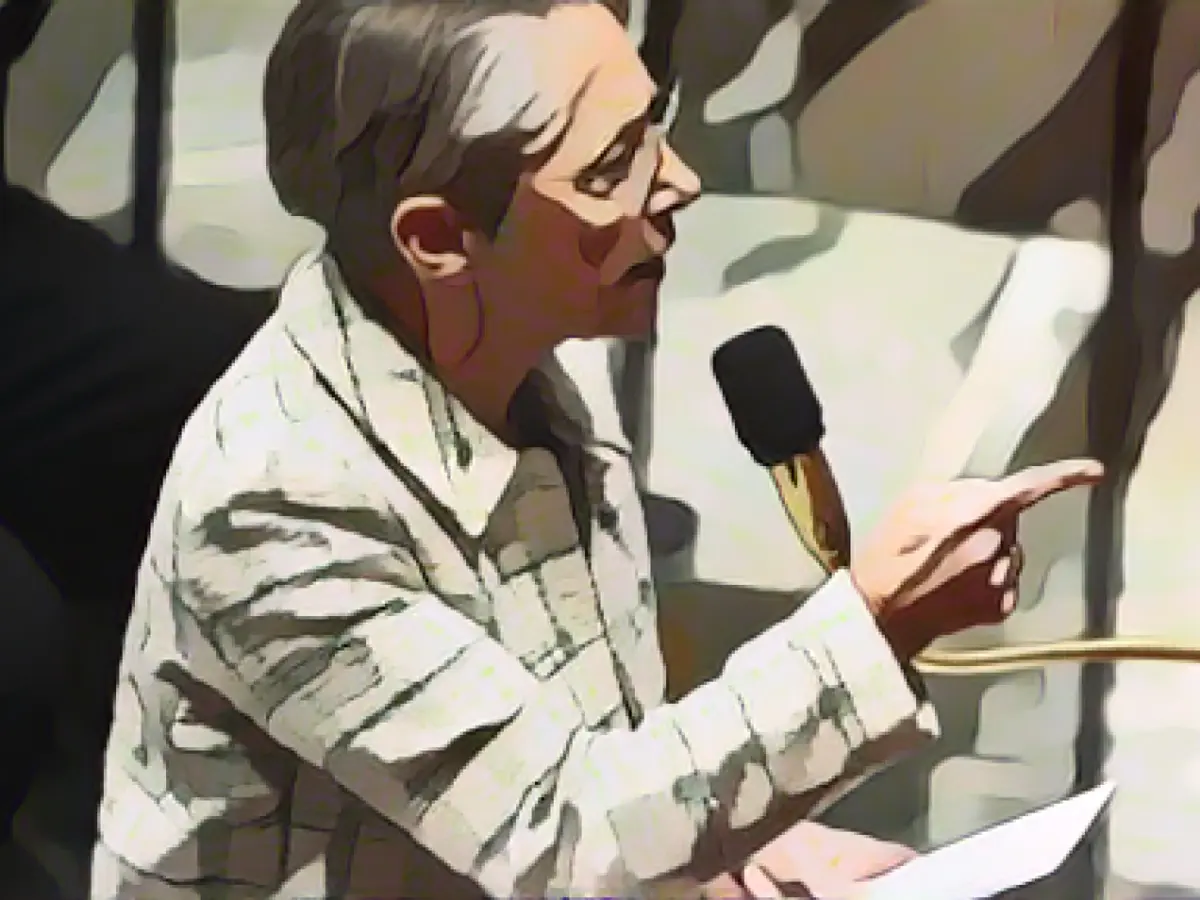France's prime minister admits mistakes in new immigration law
"We will appeal to the Constitutional Council," she added. During the night, the French parliament adopted the immigration law, which was much stricter than the government's draft, with the votes of the right-wing populists.
Around a quarter of the government camp voted against it. At least three members of the government from the left wing had considered resigning, according to ministry circles. However, there can be no talk of a crisis in the government camp, Borne explained.
The right-wing populist parliamentary group leader Marine Le Pen had declared the law an "ideological victory", as it enshrines the "national priority".
Specifically, the law stipulates that non-EU foreigners in France can only receive some social benefits after five years of residence. This period is shortened for migrants who work. This point had been particularly controversial until recently.
The text that has now been adopted was drawn up within a few hours by the 14 members of a parliamentary conciliation committee. President Emmanuel Macron had used personal phone calls to exert pressure to find a compromise quickly.
The committee had been set up because the National Assembly had surprisingly rejected the text in its entirety after the Senate had significantly tightened up the government's first draft.
Read also:
- This will change in December
- Attacks on ships in the Red Sea: shipping companies avoid important trade route
- Houthi rebels want to launch further attacks despite international coalition
- USA forms military coalition against Houthi attacks on ships in the Red Sea
- Elisabeth Borne, the Prime Minister of France, acknowledged faults in the recently approved immigration law during an interview on France Inter.
- Under the new immigration law, non-EU foreigners residing in France can only access certain social benefits after a period of five years, which is shortened for migrants who work, contradicting earlier criticisms.
- Overnight, the French parliament adopted the controversial immigration law with support from right-wing populists, leading to a quarter of the government camp voting against it.
- Despite initial concerns of a government crisis, Immigration Minister Elisabeth Borne sought to downplay any internal rifts, explaining that there was no crisis within the government camp.
- The adoption of the immigration law comes after the National Assembly rejected the original draft due to significant tightening by the Senate, requiring the creation of a parliamentary conciliation committee to find a compromise.
Source: www.stern.de







